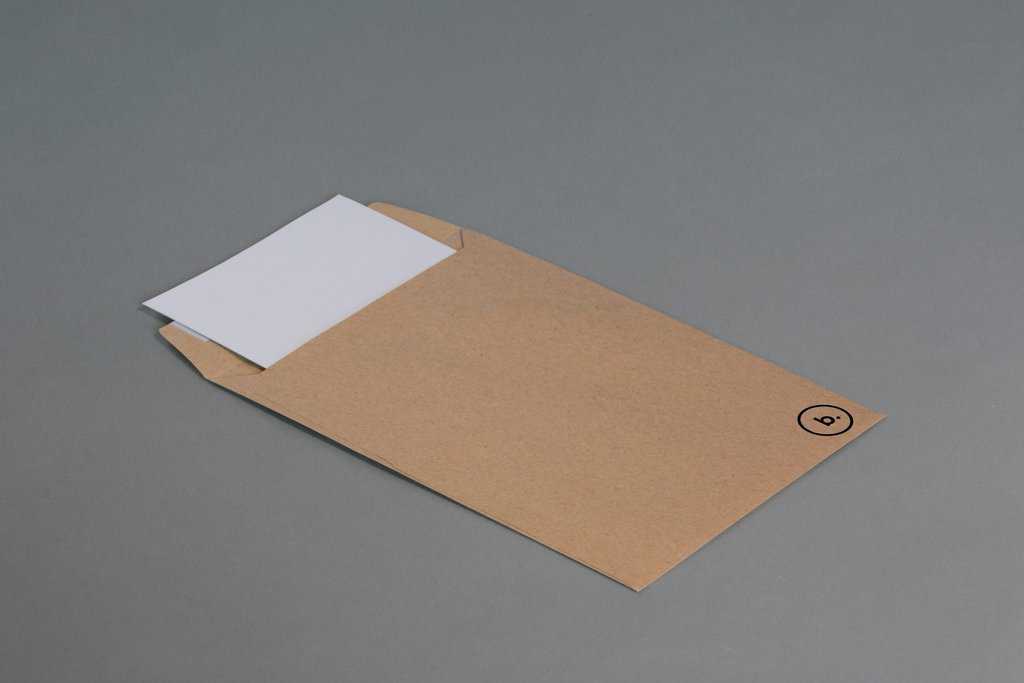In a world where career transitions are often met with mixed emotions, the resignation letter stands as both a farewell and an opportunity for closure. Picture this: you’ve finally decided to turn the page on your current job, but before you stride confidently toward new horizons, there’s one crucial task left to tackle—crafting a resignation letter that echoes professionalism and respect. Whether you’re leaving for personal growth, new opportunities, or simply because it’s time for a change, how you communicate your departure can leave a lasting impression.
A well-written resignation letter not only serves as documentation of your decision but also reflects your character and professionalism. It’s more than just a formality; it can bridge connections and preserve relationships in an increasingly interconnected professional landscape. As we explore the art of writing an effective resignation letter, we’ll delve into essential elements that ensure your message is clear yet gracious, allowing you to exit gracefully while maintaining doors open for future endeavors. Join us as we unlock the secrets to crafting a respectful farewell that resonates long after you’ve left the office behind.
Essential Components of a Resignation Letter
A resignation letter serves as your formal farewell to an employer and sets the tone for future interactions. While it’s crucial to state your intention to resign clearly, the tone you adopt can significantly influence how you’re remembered. Start with a concise opening that directly communicates your decision, but balance this with gratitude for the opportunities you’ve had. Acknowledging specific experiences or skills gained during your tenure not only reflects professionalism but also leaves a positive impression on colleagues and management.
Next, include important logistical points such as your last working day and any handover processes you plan to follow. This transparency helps maintain goodwill and ensures a smoother transition, making it easier for your employer to manage ongoing projects. Additionally, consider offering assistance during this phase; whether through training a replacement or wrapping up loose ends, demonstrating willingness can enhance your professional reputation long after you’ve left the organization. This thoughtful approach transforms what could be a simple exit into an opportunity for lasting connections in your career journey.

Choosing the Right Tone and Language
Choosing the right tone and language in your resignation letter is essential, as it sets the stage for your future interactions with your employer and colleagues. Striking a balance between professionalism and sincerity can transform a simple note into an impactful farewell message. Opting for a gracious tone conveys gratitude while ensuring that the door remains open for potential networking opportunities down the road. Phrasing such as “I appreciate the growth I’ve experienced here” can help to foster goodwill, demonstrating that you acknowledge the positive contributions of your workplace even as you move on.
Moreover, being mindful of language nuances is crucial; what feels like straightforward communication to one person might come off as overly formal or insincere to another. Consider weaving in personal touches—specific examples of what you’ve learned or collaborations you valued during your time at the company—to create an authentic voice that resonates with both heartfelt appreciation and professional decorum. Ultimately, this blend of warmth and respect not only honors your experience but also positions you favorably should paths cross again in your career journey.
Providing Adequate Notice Period
Providing an adequate notice period is not just a formality; it is a vital component of maintaining professional relationships and ensuring a smooth transition. When you give your employer sufficient time to fill your position, you demonstrate consideration for their operations and the team dynamics that could be affected by your departure. The standard notice period typically ranges from two weeks to one month, but it’s worth assessing your specific role and any ongoing projects that may require more time. Adapting this timeframe shows maturity and respect for the organization that has played a pivotal role in your career development.
Moreover, providing adequate notice enhances your professional standing in the industry. Word travels fast, and potential employers are often wary of candidates with a reputation for abrupt exits. By leaving gracefully with ample notice, you not only safeguard positive references but can also keep doors open for future opportunities within the same company or industry. It’s about crafting an exit strategy that reflects well on who you are as a person—someone who values accountability and the success of others even when they’re moving on to new beginnings.

Expressing Gratitude and Positivity
Expressing gratitude in your resignation letter not only reflects maturity but also fosters positive relationships that can benefit you in the long run. Taking a moment to highlight specific experiences or mentoring moments that shaped your professional growth demonstrates appreciation for the support and opportunities you’ve received. This small gesture can leave a lasting impression, turning what could be a tense situation into an uplifting farewell.
Positivity also plays a crucial role in how you part ways with your employer. Instead of focusing solely on why you’re leaving, consider sharing what you’ll take away from your time there—lessons learned, skills acquired, and friendships formed. Such reflections not only celebrate your journey but also encourage others to appreciate their paths as well. By framing your departure positively, you help create an environment of goodwill and open doors for future networking opportunities, ensuring that while one chapter closes, another more fruitful one may be just around the corner.
Reviewing and Editing Your Letter
Once you’ve drafted your resignation letter, setting it aside for a brief moment can offer you fresh eyes when revisiting it. This short pause allows you to gauge the tone, clarity, and professionalism of your message. As you review your letter, ask yourself if every word aligns with the impression you want to leave behind—a blend of respect and gratitude is essential. Even subtle changes in phrasing can impact how your sentiments are received.
Engaging a trusted colleague or mentor for their feedback can also provide invaluable insights. They might spot areas that could be misinterpreted or suggest enhancements that bolster an already strong message. Remember to check for common pitfalls—like spelling errors or informal language—that may detract from the professionalism you’re aiming for. Once all revisions have been made, read through your final draft one last time aloud; this technique often uncovers awkward phrases or inconsistencies in tone that might go unnoticed otherwise.

Submitting Your Resignation Professionally
Submitting your resignation professionally is as crucial as crafting the perfect letter. It’s not just about the words on paper; it’s also about how you choose to communicate your decision face-to-face, or virtually if necessary. Schedule a meeting with your supervisor to discuss your resignation directly before delivering a formal letter. This personal touch demonstrates respect for the relationship you’ve built and allows for an open dialogue where you can express gratitude for opportunities received while clarifying any next steps.
Moreover, consider timing and context. Avoid resigning during particularly stressful periods or right before critical deadlines, which could create unnecessary complications for both yourself and your employer. By choosing an appropriate moment—ideally when workloads are manageable—you not only show professionalism but also facilitate a smoother transition for everyone involved. Remember that how you leave can shape relationships and references in the future; leaving on good terms fosters a network that may aid you down the line in unexpected ways.
Conclusion: Crafting A Thoughtful Farewell
A thoughtful farewell is not merely an end; it’s a bridge to future opportunities and relationships. As you compose your resignation letter, consider including a few heartfelt reflections on your time with the company. Expressing gratitude for specific experiences or learning moments can create lasting memories and show that you valued more than just the paycheck. This personal touch reinforces your professionalism and leaves a favorable impression on colleagues who may become valuable connections in your career.
Moreover, don’t underestimate the power of positive closure. Take this opportunity to extend an offer to maintain communication as you move forward. Suggesting a coffee catch-up or connecting on professional networks allows for continuity in relationships that might otherwise fade away after separation from the workplace. By crafting a farewell that resonates with sincerity, you not only demonstrate respect but also pave the way for meaningful relationships in your professional journey ahead.
